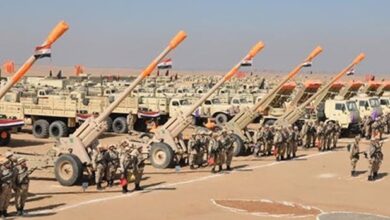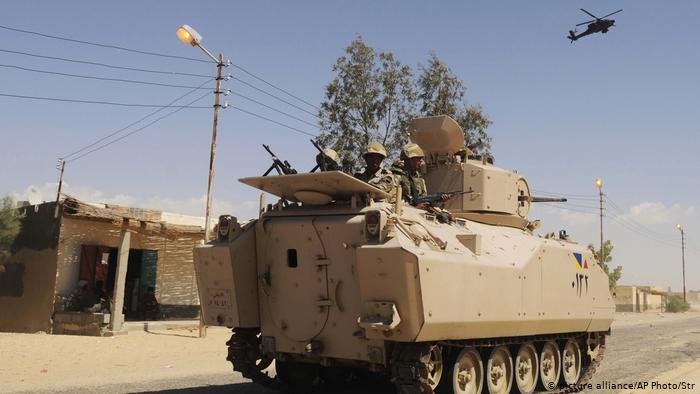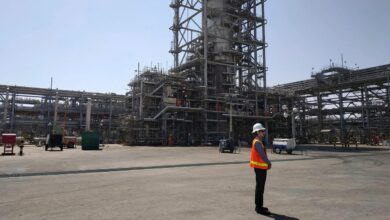Israel completed the main segment of a razor-wire fence along its border with Egypt on Wednesday, a barrier against illegal migrants and Islamist militants hiding out in the lawless Sinai region.
The five-meter high fence, bolstered by military surveillance equipment, is touted by Israeli Prime Minister Benjamin Netanyahu as proof of his commitment to the Jewish state's security as he campaigns for a national election on 22 January .
Once the final 14 kilometer (8.5 mile) section is completed within three months, the fence will stretch from Israel's Red Sea port of Eilat to the Gaza Strip on the Mediterranean.
In the desert beyond, hardline Islamist groups have expanded in a security vacuum caused by the overthrow of Egyptian President Hosni Mubarak in 2011 and efforts to re-impose central authority have been slow.
Islamist gunmen killed at least 16 Egyptian border guards in Sinai last August and hijacked an armored vehicle which they smashed across the frontier before they were killed by Israeli forces.
With security and illegal immigration a target of his campaign, Netanyahu travelled by military helicopter to the southern frontier for a ceremony marking the completion of the 230 km (143 miles) section of fence.
His government has accelerated its construction, deported some migrants and imposed legal penalties on Israelis who hire them without work permits.
Thirty-six migrants crossed illegally into Israel last month and were arrested, compared with 2,153 who entered a year ago, Netanyahu's office said in a statement.
"Just as we stopped completely the infiltration into Israeli cities, we will succeed in the next mission — the repatriation of tens of thousands of infiltrators already in Israel to their home countries," it cited Netanyahu as saying at the ceremony.
More than 60,000 Africans have entered Israel on foot in recent years seeking work or refuge. They have stirred fears for public order and some have come under racially-motivated attack.
The bulk are from Sudan or Eritrea and Israel's ability to repatriate them is limited. Sudan's government is hostile to Israel and Somalia is deemed a ravaged danger zone by refugee advocates.
Israel portrays the vast majority of the migrants as illegal job-seekers. Humanitarian agencies say they should be considered for asylum.




